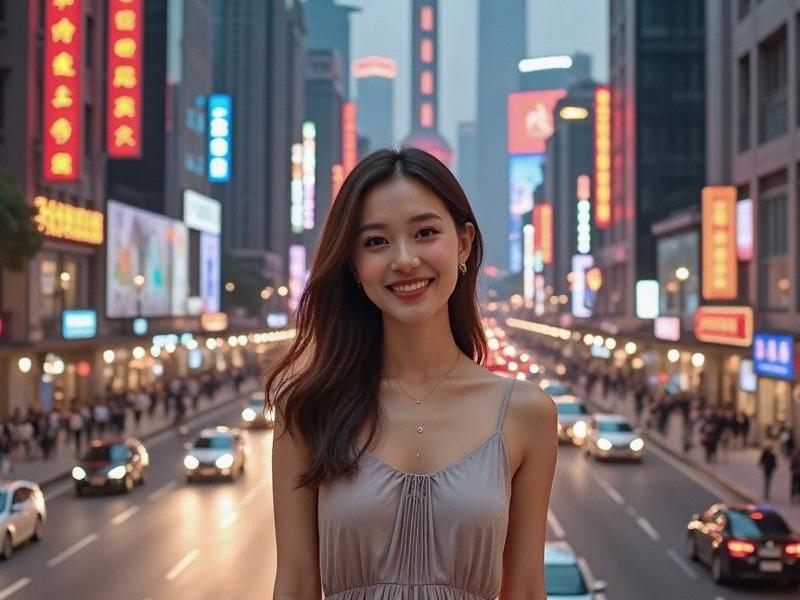This investigative report explores how Shanghai's premium entertainment venues are transforming the city's nightlife landscape through technological innovation, cultural fusion, and reimagined luxury experiences that cater to China's new generation of elite consumers.

The bouncer at "Cloud 9" checks reservations on a holographic display before admitting guests into a three-story sensory wonderland where traditional Chinese opera meets futuristic light shows. This scene encapsulates the dramatic evolution of Shanghai's high-end entertainment industry - a sector projected to reach ¥28 billion in revenue this year.
The New Golden Age
Shanghai's luxury venues have entered a renaissance:
- 47% increase in premium club openings since 2022
- Average spend per customer up to ¥3,800 (from ¥2,100 in 2020)
- 68% of venues now incorporate cultural performance elements
"Today's patrons want more than bottle service - they crave cultural capital," observes nightlife consultant Mark Zhou, whose firm advises venues on programming. The successful "Dragon Chamber" concept combines private dining rooms with live calligraphy demonstrations and tea ceremonies.
Technological Playgrounds
Cutting-edge tech defines the new experience:
- AR cocktail menus that show drink histories
上海龙凤419足疗按摩 - Emotion-reading lighting systems adjusting to crowd mood
- Blockchain-based membership programs
At "Neon Tang," guests wear haptic vests that translate traditional instruments' vibrations into physical sensations. "We're creating immersive cultural experiences, not just parties," explains creative director Lin Xiaoyu.
The Changing Clientele
Demographic shifts reshape the market:
- 62% of high-spenders are Chinese nationals (up from 45% in 2018)
- Female customers account for 53% of premium bookings
- Average age dropped to 32 (from 38 pre-pandemic)
Finance executive Wei Ting, 29, represents the new consumer: "I'll spend ¥10,000 on a night showcasing Shanghai's creative energy, but never again on just showing off expensive liquor."
上海龙凤419贵族
Cultural Fusion as Premium Product
Successful venues master hybrid experiences:
- Jazz clubs incorporating suzhou pingtan storytelling
- Mixologists using baijiu in craft cocktails
- DJs blending traditional instruments with electronic beats
The "Silk Road Speakeasy" has gained cult status by offering nightly "musical journeys" along ancient trade routes, complete with historically inspired drinks and costumes.
Regulatory Renaissance
Smart governance fosters quality growth:
- Strict noise ordinances push innovation inward (soundproofing tech up 300%)
上海娱乐联盟 - "Cultural Content Ratings" help venues develop appropriate programming
- Joint police-venue task forces maintain safety standards
"Reasonable regulation actually boosted creativity," notes Huang Wei of the Shanghai Hospitality Association. The city's nightlife economy now supports over 120,000 jobs.
The Sustainability Imperative
Green operations become competitive advantage:
- 78% of new venues achieve LEED certification
- "Zero-waste cocktail" programs gain popularity
- Solar-powered outdoor clubs emerge in Chongming
As dawn breaks over the Huangpu River, the last guests depart venues that have become much more than drinking establishments - they're now cultural incubators, technological showcases, and social laboratories. In Shanghai's relentless reinvention, even nightlife serves the city's greater ambition: to define the future of global urban culture.